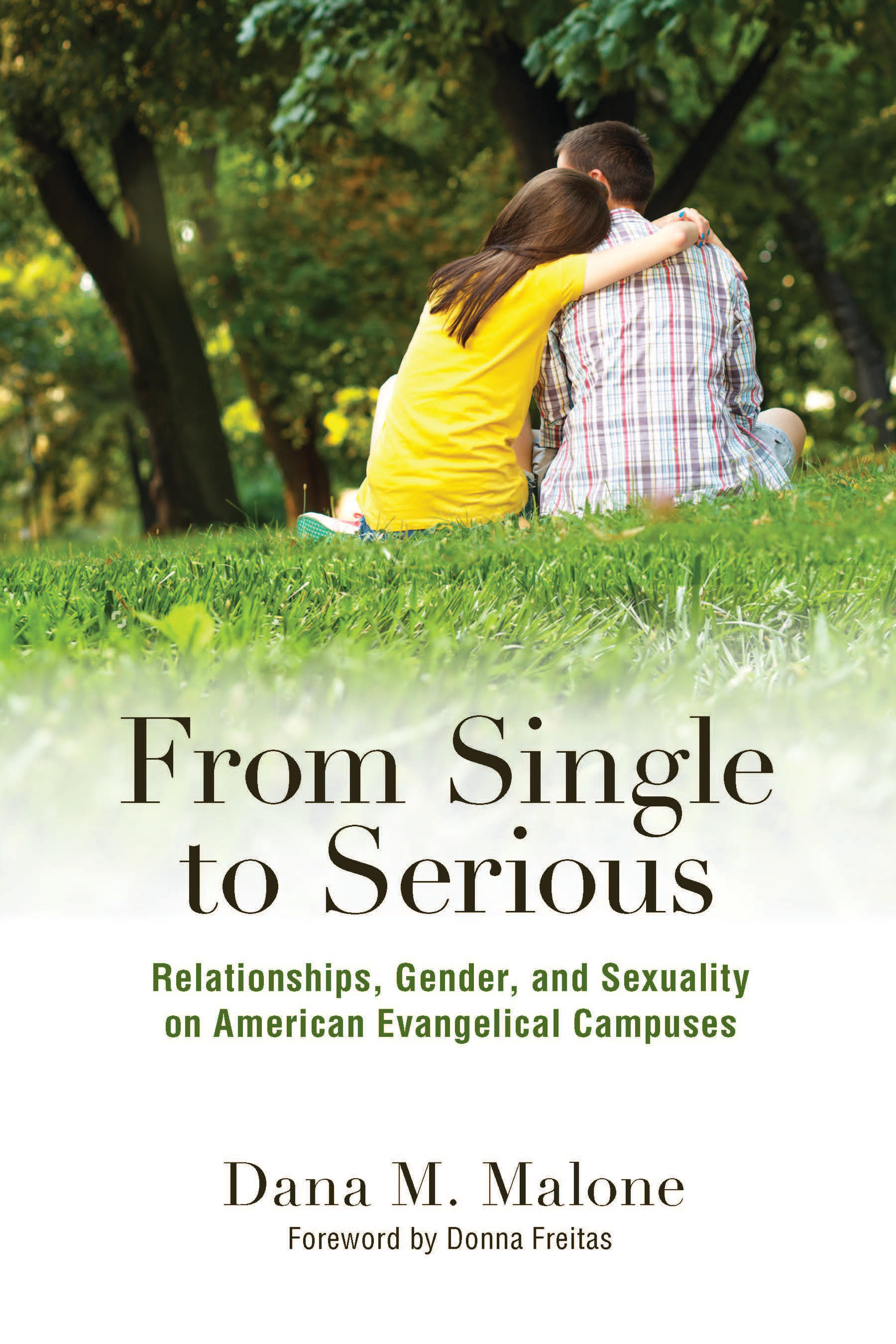Books & Chapters
“Dana Malone has produced an eye-opening and wonderfully candid account of how students navigate gender roles and negotiate sexuality on evangelical college campuses. Powerful and often poignant, the stories she tells illuminate the gap between the ideal of virgin purity and the messy realities students face as they develop relationships outside or prior to marriage. Her empathic portrait gives us the clearest glimpse yet of how young evangelicals are managing the conflicting standards between their strict religious world and what many see as a rule-less society beyond.”
“Christian college and university administrators, staff, faculty, and student leaders will all benefit from considering the results of Malone’s study.”
I am thrilled to have my work in this beautiful collection of expansive scholarship! My chapter, “Living in Alignment: A Reflection on Vocational Calling” is a conceptual reflection drawing upon a back injury to explore deeper issues related to making sense of unexpected life choices, wrestling with competing adaptions of vocational calling, and living a life attuned within.
“Within the context of recent, and ongoing, plural pandemics such as COVID-19 up/ending lives, social and racial chaos and catastrophe, political pressures, and economic convulsions, The Kaleidoscope of Lived Curricula: Learning Through a Confluence of Crises offers a journey through a collection of scholarly reflective creative pieces--stories of lived curricula.” — Information Age Publishing catalog description
ARTICLES
Unsettling Assessment Thought and Practice
In this article, my coauthor and I highlight ways assessment in its current form serves to reify and reproduce structural inequity, white supremacy, and colonized thought. We call for a new way forward that shifts the starting point from external to internal, and we explore three broad tensions between current constructions and our conceptualization of assessment that starts within.
Citation: Malone, D. M. & Breslin, J. D. (in press). Unsettling assessment thought and practice. Journal of College Student Development.
The Pandemic Makes the Second Shift Visible
Drawing upon my lived experiences and the scholarship on working mothers, I discuss academe’s enduring gender inequities. As the pandemic brought women’s second shift work into focus in new ways as well as higher ed’s ability to pivot, I call for real change – in structure, policy, and culture.
Citation: Malone, D. M. (2022). The pandemic makes the second shift visible. Women in Higher Education. https://doi.org/10.1002/whe.21093
Navigating Higher Education in a Pandemic: Find Your People, Infuse Work with Joy, and Wear a Mask
This piece documents how, despite living in different states and working in disparate roles, two colleagues and I found a way to join forces amidst the pandemic, foster belonging and shared purpose, and focus on what we love to do: creating opportunities for student learning and development. This discussion is grounded and made tangible in the process we created to design and deploy a new course in less than 60 days.
Citation: Malone, D. M., Isling, T. K., & Breslin, J. D. (2020). Navigating higher education in a pandemic: Find your people, infuse work with joy, and wear a mask. The Learning Assistance Review, 25(Special Issue), 183-196.
Stepping Back but Not Out: Creating Options, Opportunities, and Outlets for Alternate Work Scenarios within Higher Education
In this article I share my transformative journey of becoming a mother while also staying on course with my career aspirations in higher education to highlight the need for more flexible career paths. I discuss uncovering biases within myself, internalizing patriarchy, and reconsidering what it means to be just and inclusive in our work as educators.
Citation: Malone, D. M. (2016). Stepping back but not out: Creating options, opportunities, and outlets for alternate work scenarios within higher education. About Campus, 21(4), 22-27. https://doi-org.ucheck.berry.edu/10.1002/abc.21250


